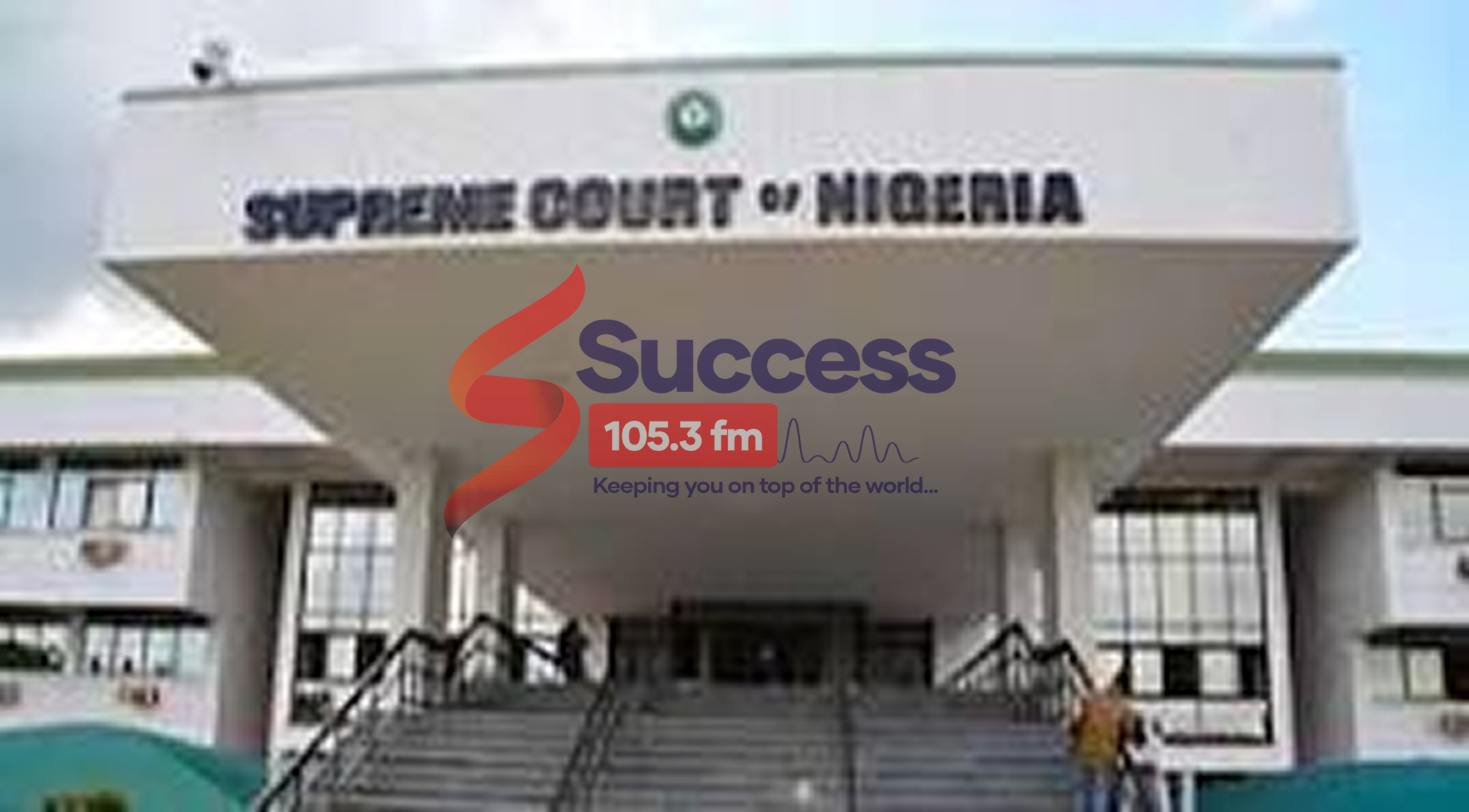Almost a year ago on July 11, 2024, the Supreme Court bowed to the wishes of the Executive when its ruling foisted the implementation of Local Government “autonomy” throughout the country.
Among others, it ruled that only democratically elected Local Government Councils should be paid their Federal revenues, and that funds accruing to them should be paid directly into their accounts. This is opposed to the constitutionally mandated practice of joint accounts which, however, enabled some of the State Governors to confiscate and spend Local Government funds as they like.
Many Nigerians have clamoured for local government autonomy because they see it as one of the ways that development is possible at the grass-roots. Their calls fell on deaf ears until former President Muhammadu Buhari on May 22, 2020, issued an Executive Order granting financial autonomy to the LGAs.
However, in February 2022, the Supreme Court by a split decision ruled Buhari’s Order ultra vires. But President Bola Tinubu’s government succeeded in getting the Supreme Court to rule in favour of ensuring that moneys due to the Local Government Councils should be paid directly to them, and only to those that are democratically elected.
We insist, once again, that the only way to achieve local government autonomy is through Constitution amendment. The LGAs must be made autonomous in the Constitution before they can wear that garb.
While Section 7(1) and 162 remain in force, any other route to “autonomy” will be an adventure in chaos and confusion.
In any case, what is the guarantee that local government autonomy will result in grass-roots development? Who will hold the autonomous LGA Chairmen to account?
BY
ADESHINA JAGUNMADE
GENERAL MANAGER,
SUCCESS 105.3 FM,
IBADAN.


